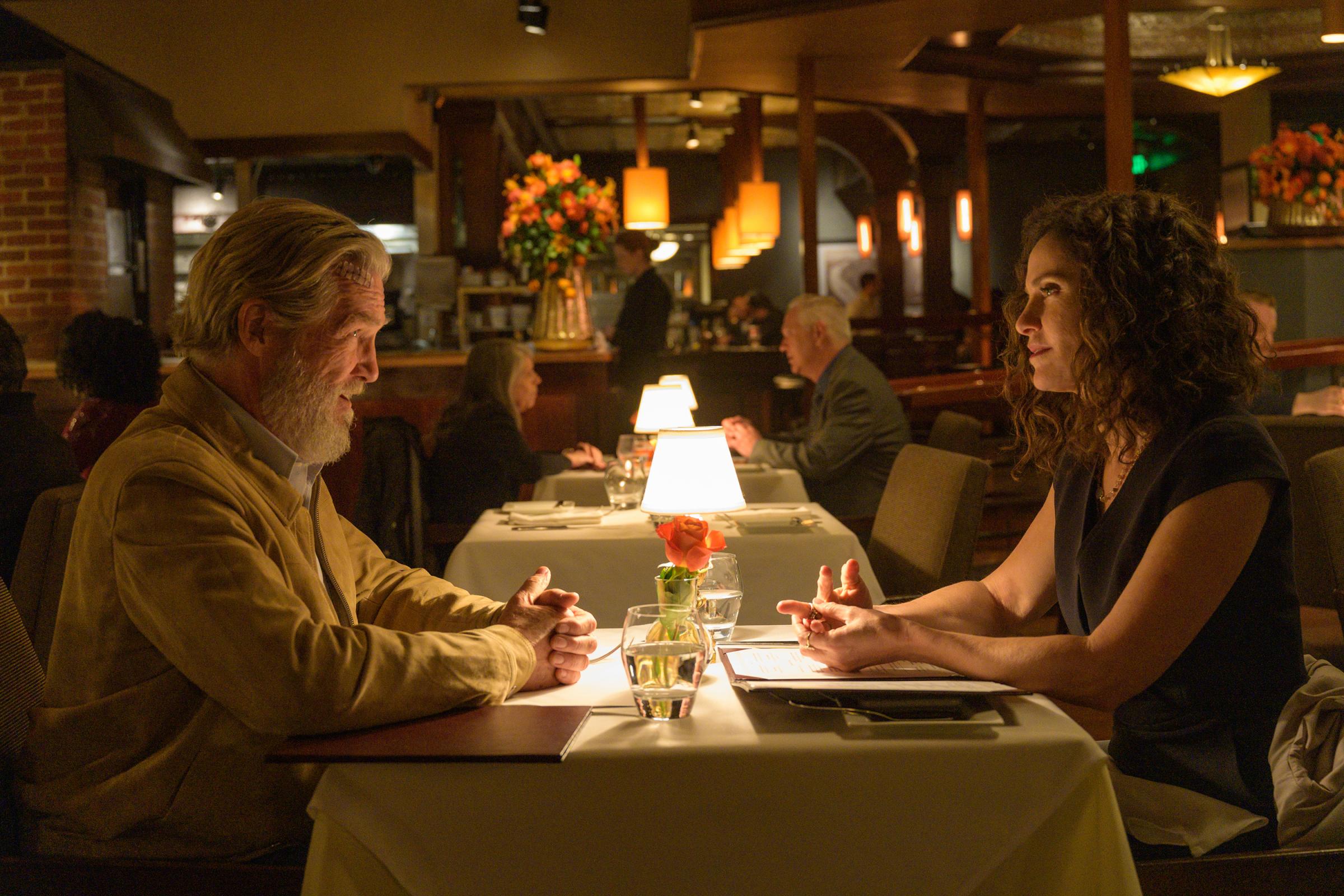Live long enough, and circumstances will force you to take stock of the big decisions you’ve made. Did they turn out how you’d expected? What did you sacrifice? Whom did you hurt, and was the pain you inflicted on others, or the pain you caused yourself, worth it?
For the title character of FX’s The Old Man, known as Dan Chase (among other aliases) and played by a weathered to perfection Jeff Bridges, that overdue moment of reckoning has finally come. A rogue CIA agent who has been hiding off-grid but in plain sight for decades, he is haunted by nightmare visions of his late wife—and by his paranoid conviction that he’s suffering from a cognitive decline similar to the one she experienced. It turns out that the real threat to his life is external, emerging without warning from his past to put him back on the run and endanger his connection with his adult daughter. But what makes this adaptation of Thomas Perry’s 2017 best seller, premiering June 16, more than just another boomer action-adventure epic is its interrogation of the selfish, destructive, and self-righteous Chase’s claim to heroism.
Sign up for More to the Story, TIME’s weekly entertainment newsletter, to get the context you need for the pop culture you love.
His survival has come at a high cost to the people around him. One such person is Harold Harper (John Lithgow), a former colleague turned adversary at the agency who has ascended to a top position at the FBI and is called in to lead a manhunt for the fugitive Chase. Lithgow, portraying an erudite company man with an adoring protégé (Alia Shawkat), makes the ideal foil for Bridges, whose all but feral Chase can still switch on the rugged charm when necessary. Harold’s ambivalence about capturing his old cohort adds pathos to the beautifully shot show’s many imaginative action scenes. In cozy homes as well as in dark, deserted stretches of road, Bridges—who in real life is a 72-year-old lymphoma survivor—believably vanquishes, or at least evades, pursuers half his age.
As exciting as The Old Man generally is in the four episodes provided for review (out of seven total), it’s also too sloppy to be a great political thriller. There are plot twists that create plot holes big enough to pilot a C-5 through. It takes a frustratingly long time to get a sense, via flashbacks to his CIA tenure, of who Chase is, what matters to him, and what he did to blow up his life all those years ago—suspense that doesn’t serve much of a thematic purpose.

The show flirts with sexism. In the course of his journey, the widower meets a divorced woman, Amy Brenneman’s Zoe, who seems desperate for companionship and can’t stop talking about her ex. Yet as she becomes entangled in Chase’s crisis, the character deepens, and what initially comes across as a thoughtless, one-dimensional depiction from creators Jonathan E. Steinberg and Robert Levine gains purpose. Zoe becomes an avatar for everyone Chase has endangered to serve his own aims. During one tense sequence, he envisions how he might escape apprehension by killing her and fleeing the scene.
The question that coalesces, midway through the season, applies to so many stories about the lone action heroes whom viewers never stop rooting for, even when their crusades leave an enormous body count: Why should one troubled man’s continued survival justify so much suffering? It takes on extra urgency in the case of Chase, who has already lived a full life, made some catastrophic choices, and whose motivations may turn out to be more personal than political. Maybe, The Old Man suggests, there are more important things than survival.
More Must-Reads from TIME
- Caitlin Clark Is TIME's 2024 Athlete of the Year
- Where Trump 2.0 Will Differ From 1.0
- Is Intermittent Fasting Good or Bad for You?
- The 100 Must-Read Books of 2024
- Column: If Optimism Feels Ridiculous Now, Try Hope
- The Future of Climate Action Is Trade Policy
- FX’s Say Nothing Is the Must-Watch Political Thriller of 2024
- Merle Bombardieri Is Helping People Make the Baby Decision
Contact us at letters@time.com